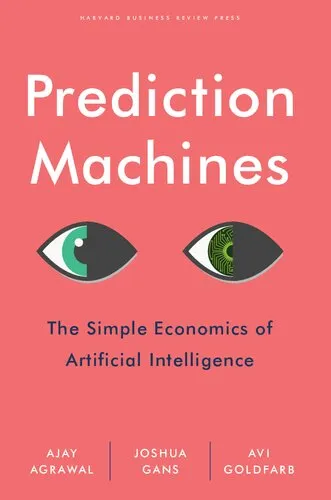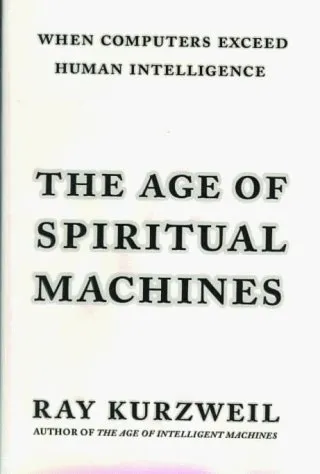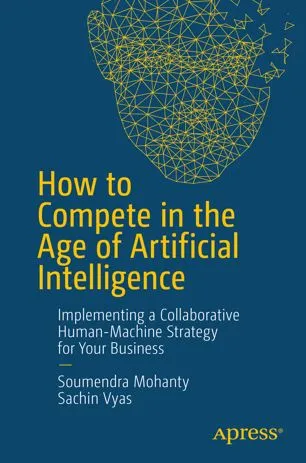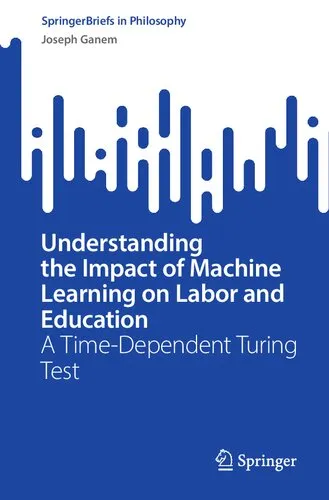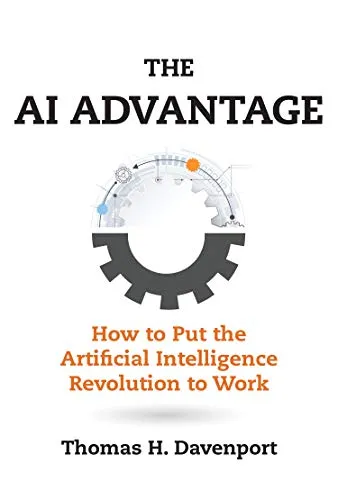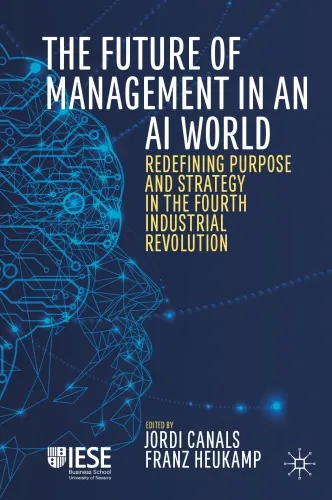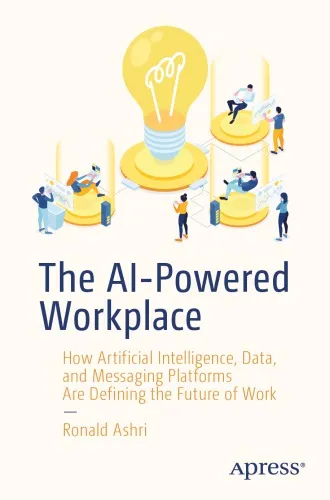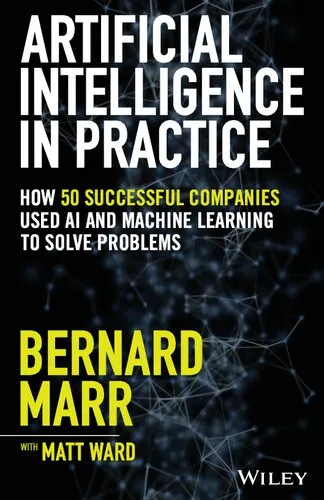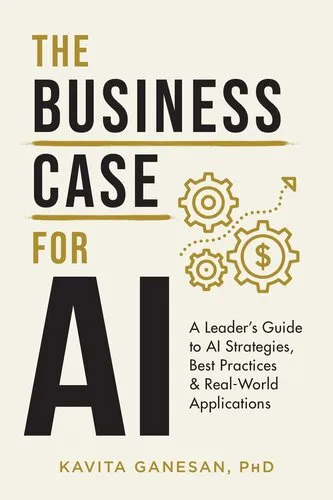Prediction Machines: The Simple Economics Of Artificial Intelligence
4.5
Reviews from our users

You Can Ask your questions from this book's AI after Login
Each download or ask from book AI costs 2 points. To earn more free points, please visit the Points Guide Page and complete some valuable actions.Related Refrences:
Introduction to 'Prediction Machines: The Simple Economics Of Artificial Intelligence'
In the modern age, artificial intelligence (AI) is transforming industries, reshaping economies, and redefining the way we think about decision-making. 'Prediction Machines: The Simple Economics Of Artificial Intelligence' by Ajay Agrawal, Joshua Gans, and Avi Goldfarb serves as a pivotal guide to understanding the economic impact of AI through the lens of prediction technology. This book is essential for grasping how AI simplifies decision-making across businesses and societies.
Detailed Summary of the Book
The book provides a comprehensive exploration of AI as a 'prediction machine.' It emphasizes that AI's true power lies in its ability to efficiently anticipate future conditions, a task previously fraught with uncertainty. The authors unravel the complex notions of AI into the simplest economics principles, focusing on cost reduction in prediction tasks, a major component of decision-making.
Agrawal, Gans, and Goldfarb argue that the falling cost of prediction will lead to an increase in prediction-related tasks, changing the nature of jobs and requiring new managerial strategies and policies. The book is interspersed with real-world examples from various sectors, demonstrating how AI-driven prediction is influencing fields like healthcare, automotive, and finance. It is a narrative about redefining AI not only as a technological resource but also as an economic tool that extends beyond just automation.
Key Takeaways
- AI as an Economic Lever: AI reduces the cost of prediction, thus catalyzing changes in decision-making processes.
- Complementing Human Judgment: While AI makes predictions, human judgment remains crucial in areas where ethical and societal implications are profound.
- Change in Skill Demand: As prediction becomes cheaper, the demand for certain skills may decline, while skills complementary to AI, like design and judgment, become more crucial.
- Strategic Implications: Organizations must adapt their strategies to incorporate AI’s prediction capabilities to maintain competitive advantage.
Famous Quotes from the Book
"When the cost of a core activity falls, we become more adept at predicting that which surrounds it."
"Rather than machines that think, prediction machines are machines that predict."
Why This Book Matters
This book is crucial for anyone seeking to understand the deployment of AI in today’s economic landscape. It shifts the narrative from a fear of automation and job loss to a focus on the creation of opportunities around prediction technology. The authors delve into the practical implications of AI, exploring how businesses and policymakers can harness its potential to foster growth and innovation.
By demystifying AI and positioning it within the context of economic theory, 'Prediction Machines' provides readers with insights into designing strategies that effectively integrate AI into business models. It's not merely a technological warning; it’s an insightful economic guide on how prediction machines can benefit businesses, governments, and societies at large.
Free Direct Download
You Can Download this book after Login
Accessing books through legal platforms and public libraries not only supports the rights of authors and publishers but also contributes to the sustainability of reading culture. Before downloading, please take a moment to consider these options.
Find this book on other platforms:
WorldCat helps you find books in libraries worldwide.
See ratings, reviews, and discussions on Goodreads.
Find and buy rare or used books on AbeBooks.
1622
بازدید4.5
امتیاز0
نظر98%
رضایتReviews:
4.5
Based on 0 users review
Questions & Answers
Ask questions about this book or help others by answering
No questions yet. Be the first to ask!
